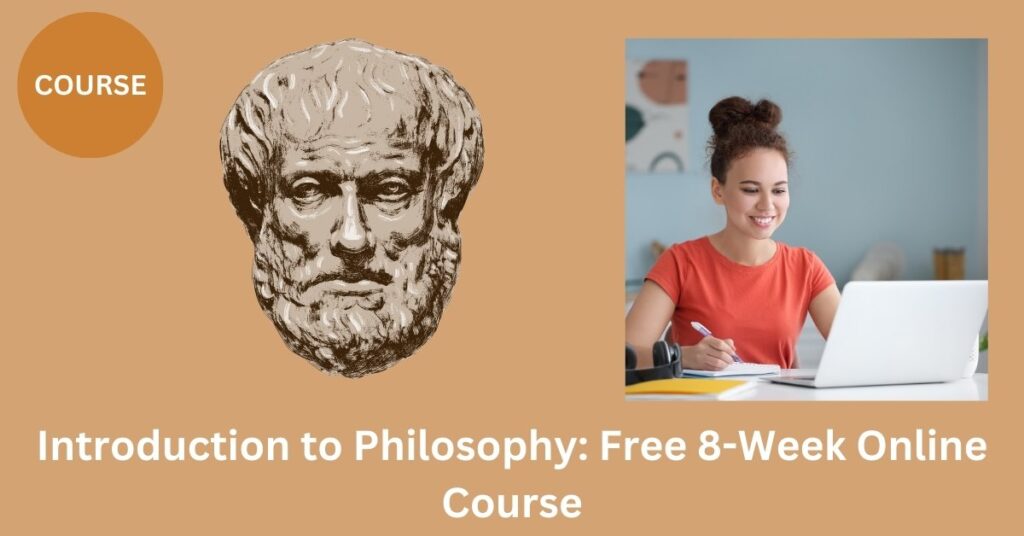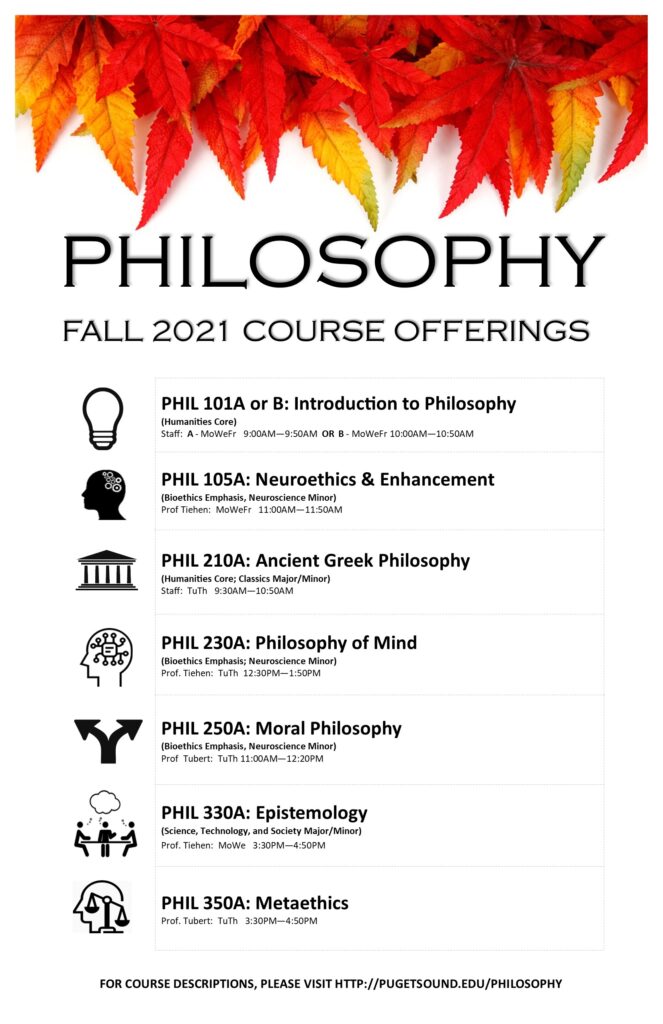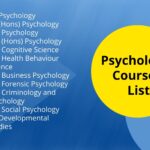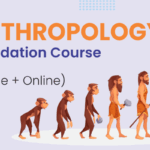My Unexpected Dive into a Philosophy Course: How It Quietly Rewired My Brain
I never thought I’d be one of those people. You know, the ones who talk about existentialism over coffee or ponder the meaning of a spoon. For most of my life, "philosophy" sounded like dusty old books, unanswerable questions, and perhaps a touch of academic elitism. It felt… inaccessible. Like a secret club for very smart people.
But then, something shifted. Maybe it was a quarter-life crisis, or just a nagging feeling that there was more to life than my daily routine. I found myself scrolling through online course catalogs, feeling a vague sense of "what now?" And there it was, almost playfully winking at me: "Introduction to Philosophy."
My first thought was, "Me? Take a philosophy course? Am I even smart enough?" My second thought was, "Well, what’s the worst that could happen?" Little did I know, that decision would quietly, profoundly, and permanently rewire the way I saw everything.
The Unsuspecting Start: Why I Even Bothered
Let’s be honest, my initial reasons for signing up for that intro to philosophy course weren’t particularly profound. I wasn’t seeking enlightenment. I was mostly curious, a little bored, and perhaps hoping to sound slightly more intellectual at parties (spoiler: it rarely comes up, but the way I listen and think has changed).
I imagined long lectures on obscure topics, names I couldn’t pronounce, and concepts that would fly right over my head. I expected to feel out of my depth. And for a moment, in the very first class, I did. Our professor, a kindly woman with twinkling eyes and an encyclopedic mind, started talking about epistemology, metaphysics, and ethics. My brain felt like a rusty gear trying to engage.
Stepping into the Unknown: My First Impressions of a Philosophy Course
The first few weeks were a delightful struggle. It wasn’t about memorizing dates or names, as I’d initially feared. It was about questions. Big, uncomfortable, fundamental questions.
- "What is truth?"
- "Do we really have free will?"
- "What makes an action right or wrong?"
- "What does it mean to be human?"
We weren’t just reading ancient texts; we were engaging with them. We were trying to understand why these thinkers, centuries ago, felt compelled to ask these very questions. It was less about finding "the answer" and more about understanding the process of asking, analyzing, and building arguments.
This was my first major "aha!" moment: a philosophy course isn’t about telling you what to think, but how to think. It’s a mental gymnasium, and my brain was finally getting a proper workout.
More Than Just Old Books: What We Actually Covered
If you’re wondering what you actually learn in a university philosophy course or even an online philosophy course, let me give you a peek into my journey. We didn’t just skim the surface; we really dug into some big ideas:
- Socrates and Critical Thinking: We started with the O.G. himself. Socrates, who famously said, "The unexamined life is not worth living." His method wasn’t about lecturing; it was about asking questions to expose contradictions in people’s beliefs. This taught me the power of critical thinking skills – questioning assumptions, even my own, and looking for logical flaws. It felt like learning to see the hidden wires behind the curtain of everyday life.
- Plato’s Allegories: From the famous "Allegory of the Cave" to his ideas about ideal forms, Plato stretched my imagination. He made me consider that what we perceive might just be shadows of a deeper reality. It was mind-bending but incredibly liberating to think beyond the obvious.
- Ethics and Morality: This section was probably the most immediately impactful. We explored different frameworks: utilitarianism (the greatest good for the greatest number), deontology (duty-based ethics), and virtue ethics (what kind of person should I be?). Suddenly, my everyday decisions – from how I treat a stranger to my stance on global issues – felt like they had a philosophical backdrop. It helped me clarify my own moral compass.
- Logic and Argumentation: This was a bit like learning a new language. We studied how to construct a sound argument, identify fallacies (common errors in reasoning), and evaluate the strength of different claims. This wasn’t some abstract exercise; it was directly applicable to everything from news headlines to heated debates with friends. It armed me with tools to dissect information more effectively.
- Existentialism and the Meaning of Life: Later, we dipped our toes into more modern philosophy, grappling with thinkers like Camus and Sartre. They didn’t offer easy answers about the meaning of life, but they offered a powerful perspective: if there’s no pre-ordained meaning, then we are free (and burdened) to create our own. This was both terrifying and incredibly empowering.
The "Aha!" Moments: My Brain Started Humming
It wasn’t always easy. Some readings felt like trying to decipher an ancient code. There were moments of frustration, staring blankly at a page, feeling like I’d never grasp a concept. But then, slowly, something would click. A concept would suddenly make sense, connecting to another idea, and a new pathway would light up in my mind.
These "aha!" moments were exhilarating. It was like realizing I had been looking at the world through a blurry lens my whole life, and now, the lens was slowly, steadily, coming into focus. I started seeing philosophical questions everywhere: in movies, in conversations, in my own internal monologue.
The Professor and My Peers: A Shared Discovery
One of the most valuable parts of the philosophy course wasn’t just the material, but the interaction. Our professor wasn’t just lecturing; he was a guide, encouraging debate, asking probing questions, and creating a safe space for intellectual exploration. My classmates, a diverse group of people from different backgrounds, brought their unique perspectives to every discussion.
We challenged each other, laughed together, and sometimes sat in comfortable silence, collectively pondering a particularly knotty problem. This wasn’t some isolated academic pursuit; it was a communal journey of discovery.
Beyond the Classroom: How Philosophy Changed My Life
So, what are the benefits of studying philosophy? For me, they extend far beyond the grades I got or the knowledge I acquired.
- Sharpened Thinking: My critical thinking skills are undeniably better. I’m quicker to identify shaky arguments, question assumptions (my own included!), and consider multiple perspectives before forming an opinion.
- Enhanced Empathy: By trying to understand why different philosophers held different views, I learned to step into other people’s shoes, even if I disagreed with them. This has made me a better listener and a more understanding person.
- Greater Clarity: While philosophy doesn’t give you all the answers, it gives you better questions. It helps you articulate your own values, understand your motivations, and make more deliberate choices. My personal growth accelerated.
- Less Fear of the Unknown: Grappling with big, unanswerable questions in a structured way somehow made them less intimidating. It’s okay not to know everything; the pursuit of understanding is the real reward.
- Richer Experience of Life: From a simple conversation to a complex news story, I now feel a deeper engagement with the world. I see the layers, the unspoken assumptions, the ethical dilemmas, the human striving for meaning.
Should You Take a Philosophy Course? My Heartfelt Recommendation.
If you’ve ever felt that subtle tug of curiosity, that inkling that there’s more to understand, or if you simply want to give your brain a truly invigorating workout, then yes, absolutely consider taking a philosophy course.
Whether it’s an online philosophy course you can do from home, or a traditional university philosophy course, don’t let any preconceived notions hold you back. It’s not just for academics; it’s for anyone who’s human and wants to understand themselves and their place in the world a little bit better.
It won’t give you all the answers, but it will equip you with the tools to ask better questions. And sometimes, that’s even more powerful. My journey into philosophy was unexpected, challenging, and utterly transformative. It might just be the quiet revolution your mind is waiting for.



